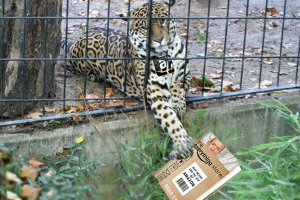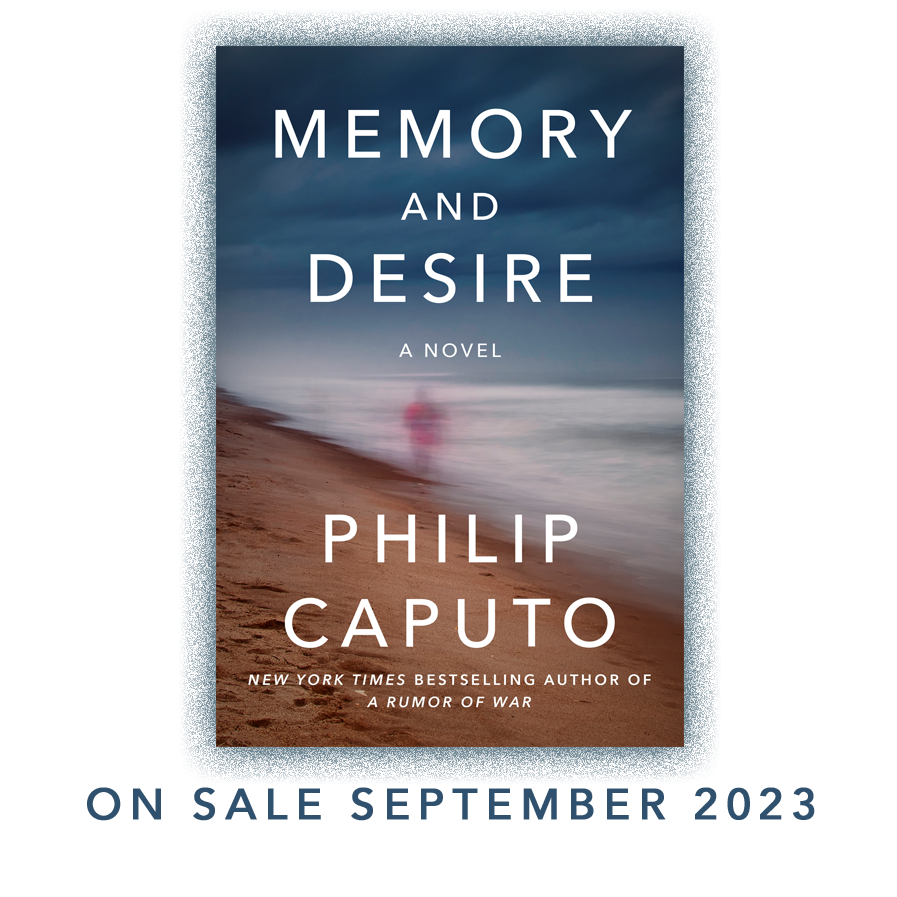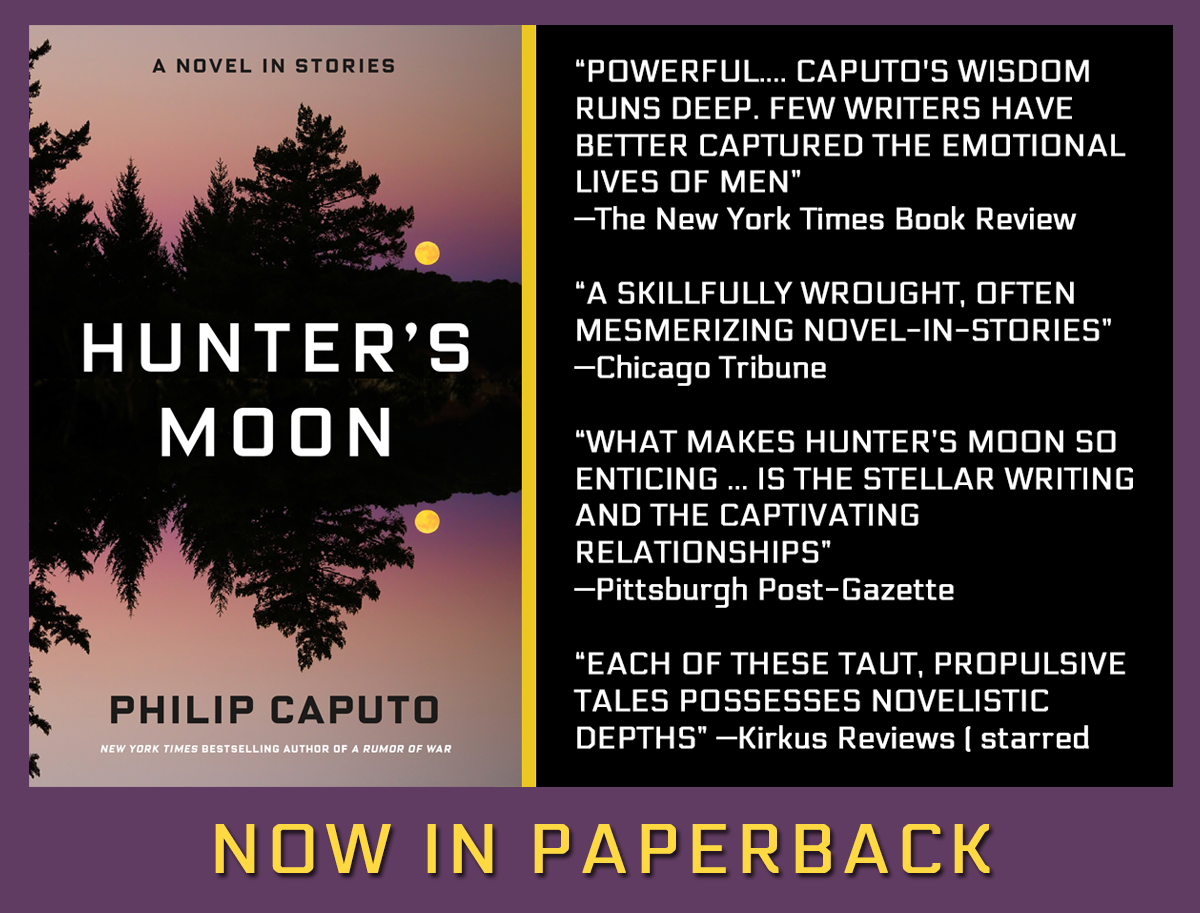 In the past thirty-odd years, the American economy has been dominated by the red-in-tooth-and-claw brand of capitalism. One business that had — until now — escaped the worst effects of unmuzzled free enterprise was the publishing industry, even though media conglomerates swallowed independent publishers and chain booksellers did to independent bookstores what HomeDepot has done to the neighborhood hardware store.
In the past thirty-odd years, the American economy has been dominated by the red-in-tooth-and-claw brand of capitalism. One business that had — until now — escaped the worst effects of unmuzzled free enterprise was the publishing industry, even though media conglomerates swallowed independent publishers and chain booksellers did to independent bookstores what HomeDepot has done to the neighborhood hardware store.
But now Amazon (how appropriate its name!) has brought jungle economics to all of us involved in the writing, publishing, and selling of books. Also to those of you who buy and read them.
Amazon’s corporate culture, as formulated by its CEO, Jeff Bezos, seems to be that of the zero-sum game: For me to win, you must lose. As reported in the May 24 editions of the New York Times, Bezos and his pride of digital predators are “holding books and authors hostage on two continents by delaying shipments and raising prices.”
Bezos himself has said that Amazon should go after vulnerable publishers “the way a cheetah would pursue a sickly gazelle.”
The gazelles at the moment are Hachette and the Bonnier Media Group in Germany. Hachette, owned by the French conglomerate, Lagardere, is the fourth largest publisher in the U.S., and Bonnier is one of the biggest media companies in Europe. Despite their size (sickly wildebeests maybe?) they are prey, and the Amazon cheetah is going for their throats. It’s delaying shipment of books by Hachette and Bonnier authors by as much as four to five weeks. In some cases, it’s making it altogether impossible for consumers to buy their books. In other cases, like that of a best-selling Hachette novelist I know, Amazon is encouraging its customers to buy novels similar to his from other publishers.
What Amazon is trying to do with such tactics is to corner the e-book market by extorting ever higher payments from traditional publishing houses. Those that don’t fork over what amounts to protection money, like the two aforementioned, get punished. (Vito Corleone pioneered this business model). If that means driving the publishers into bankruptcy, well, that’s life in the Darwinian world.
A friend of mine in the industry told me that at Amazon’s Seattle offices, “champagne parties are held whenever they hear that a competitor has gone out of business.”
If you want more details, here’s the link to the full Times story: http://bits.blogs.nytimes.com/2014/05/23/amazon-escalates-its-battle-against-hachette/?_php=true&_type=blogs&_r=O.
“American literature will suffer if Amazon is allowed to get away with this,” said my industry friend. “Writers need traditional publishers to edit and market their books.”
In other words, without traditional publishers, in an environment monopolized by Amazon, writers will become mere “content providers,” their books just more stuff to peddle alongside T-shirts, CDs, kitchen gadgets, and whatever else is for sale in the online bazaar. And the book consumer will be at mercy of a monopoly power.
Tea Partiers keep whining and windging that too much government is intruding into our lives. How about too much corporate influence? I for one am sick of our lives being ruled by corporate mandarins who buy our politicians, break laws, and get off scot free. What concerns me is the possibility, maybe the likelihood, that after Amazon digests Hachette and Bonnier, it will run down my publishers (Henry Holt, a division of MacMillan) should they balk at Amazon’s demands. Then it might be my books suffering from delayed shipments, or worse. In fact, not long ago, Amazon briefly made trouble for MacMillan in a confrontation: the online retailer stripped the “buy” buttons from MacMillan books.
I don’t see a whole lot of difference between what Bezo’s Amazon is doing now and what John D. Rockefeller’s Standard Oil did a hundred years ago. A good case can be made that its actions violate the Sherman Antitrust Act. I urge the Author’s Guild, PEN, the American Society of Journalists, and other writers’ organizations to file an antitrust suit against Amazon.
Publishers, beginning with Hachette and Bonnier, should join the legal action. Meanwhile, they ought to form a united front and simply stop shipping titles to Amazon. Send them to independent bookstores, or to the two big remaining chains, Barnes and Noble and Books-A-Million. They’d be delighted with the added business.
And I urge editors, book lovers, and my fellow writers everywhere to boycott Amazon. Don’t order books from the cheetah. Get off your duffs and away from your laptops and devices and go to your local bookstore. You might find it a pleasant experience to browse among physical books and talk to real human beings without having to give your user name and password. And if you want an E-reader, buy a Nook or Sony.



Small point the title is Cage the Cheetah but you do realize your picture is of a Leopard:}
It’s a cheetah that changed its spots
Here is CNN speaking about this very controversy that Phil brings up. I noticed that Macmillan won a battle with Amazon a couple of years ago, so maybe there is hope. I for one pledge not to buy any more books from the Bezos brand.
http://money.cnn.com/2014/06/01/media/walmart-amazon-hachette/index.html?hpt=hp_t3
Apparently the old A. J. Liebling quote that “Freedom of the press belongs to he who owns one” needs to be modified to “Freedom of the press belongs to he who controls the supply chain.”
Sadly, Cheetahs do prosper. But at least the cheetah is an actual predator practicing predatory behavior as predators are wont to do. The Seattle vultures washing down the carrion with champagne is something else entirely. I’m sure Bezos will put an end to this behavior. After all, champagne guzzling has an adverse effect on the bottom line. Presumably to be supplanted by BYO Two Buck Upchuck.
Perhaps if a publisher coop with the ability and willingness to deny product to Amazon were to counter Amazon’s predatory behavior… It’s hard to make money with nothing to sell.
Pity the poor cheetah, a sleek and beautiful animal now soiled by such analogous comparison. Amazon is more like The Borg; “resistance is futile; you will be assimilated.” Frankly, I wonder if the earth will quake off it’s axis when Amazon acquires Wal-Mart or vice versa. Just today I’ve seen that Wal-Mart is test marketing a convenience store concept in Bentonville; naturally, price is driving that experiment as well.
The issue is that 21st century commerce hasn’t learned how to deal with brick-and-mortar versus online business. Take Barnes and Noble for example: a title purchased from the company’s online side is markedly cheaper than the exact same copy found in the store; BN employees will tell you to your face that the online version is so priced because of the difference in overhead. So the fluorescent ambiance of Barnes and Noble or Books-A-Million is supposed to be sufficient lure? Sorry, I have to watch my money; it’s business not personal.
Besides being a voracious reader, I’m a bibliophile as well. I prefer first edition, first printing, hard bound copies only, preferably with a fine or near fine dust jacket and signed by the author, when I can find and/or afford it. My needs are specific; I’m currently going through the list of Pulitzer Prize winning fiction. I read about 70-80 books a year; brick and mortar stores (even indies like Haslam’s in St. Petersburg, FL) don’t carry, for the most part, what I’m looking for; they can’t cater to individual wants and needs that branch off mainstream supply and demand.
That said, for the sake of publishing in general and the rights of authors in particular, I can and will tilt at my own personal windmill and avoid Amazon as a matter of principal going forward. And I’ve found the way I can accomplish that (in more totality) while still taking advantage of competition and a consumer’s choice: I start with the Book Finder site–http://www.bookfinder.com, which tells me where a particular work is for sale. From there, I’ve used these two sites to make my purchases: http://www.alibris.com/ & http://www.ioba.org/pages (signed, first and first, hard copy editions of your books go for about $40 on this site, Phil). I used to shop at Abebooks online, but I think that’s a division of Amazon now.
As far as e-readers go, my wife loves hers; people do. To me, they are an attack on the romanticism of owning books and I’ll not have one, at least until my wrists become too arthritic to hold that which I do treasure–a hardcover book, with ink on paper pages, held together with glue and cloth. I will NOT be assimilated.
James: Bless you a thousand times over for reading 70 to 80 books a year.
Your comment was a very good, succinct analysis of the differences between online and “bricks and mortar” commerce. To confine myself to book retailing, I’m not a luddite opposed to selling books online, nor to the advent of e-books (I don’t care what form the writing is presented in). My argument is that Amazon, under Bezo’s leadership, has brought predatory, bare-knuckle practices to an industry that traditionally espoused higher values than merely making money. I don’t know if he’s unaware of the cultural importance of the written word and of the contributions book publishers have made to civilization since the development of the printing press in 1450; but I’m pretty sure (based on what I’ve read about him and have heard about him from people who’ve had dealings with him) that he doesn’t give a damn. Books are but one product in the vast inventories of consumer items sold by Amazon, “the Everything Store.” I have the impression that he and his company view traditional publishers and booksellers with contempt, regarding them as dinosaurs, the 2014 equivalent of a buggy whip and saddle factory in 1914. I think, furthermore, that he wants to destroy them; driving them out of business proves the validity of his thesis that they are hopelessly behind the times. On a more pragmatic level, Amazon in the 20 years of its existence, has yet to show a profit; hence, it keeps trying to extract a higher share of book sale revenues from publishers, punishing those that refuse to fall into line.
What you said about the efficiency, convenience, and economy of buying books online is certainly true. However, allow me to throw out an idea, or maybe it’s more an outlook, a perspective. We have all of us, in our near-religious adoration of “The Market,” bowed our heads and bent our knees to efficiency and convenience, at the expense of more humanistic values. WalMart, HomeDepot, and other big box retailers have been largely responsible for the transformation of downtown business districts into ghost towns, with the resulting loss of personal contact between buyer and seller, and the social dislocations that occur when small enterprises disappear. Well, OK, civilized society can survive if we’re talking about hammers and nails and toothpaste and so on; but can’t literature (and here I make no distinction between commercial and highbrow) be exempt from this relentless trend? Isn’t there a benefit to our minds and spirits when we enter a bookstore and converse with the seller or another buyer, take our time, feel books in our hands, smell them? We’ve created state and national parks where citizens can re-establish contact with the natural world; why not make room for oases where we can reestablish contact with art and thought? I’ve been as guilty as anyone in being impatient. A month ago, at my local B&N, I was unable to find a book I wanted — a collection of Lord Byron’s poetry. Nor did B&N have one in its inventory so I could order it. I went to Amazon, and found it.
I don’t think traditional publishers are antiquated. Writers need to be edited by professionals, they need publishers’ marketing departments to promote their books and make the public aware of them. And sometimes writers need to be rejected by publishers because what they’ve produced is junk, flawed merchandise so to speak. A literary marketplace monopolized by an Amazon would flood the real and figurative shelves with the good, the bad, and the downright ugly with no way to distinguish the one from the other.
In the end, though, I object to Amazon’s tactics because their object is to eliminate competition, and because, no less than the huge trusts and combines of the Gilded Age, its practices are fundamentally unfair.
Phil, you’re absolutely right. Now what?
Just this year in Florida alone, Amazon is building two distribution centers each about the size of EIGHTEEN football fields. Oh joy, oh rapture (I must feel this way because my political leadership has committed almost $20 million in taxpayer subsidies; about $22,000 per promised new job).
Publishing houses and the industry generally will never out muscle Bezos’s behemoth. But maybe Amazon can be outsmarted, even beat at the company’s own game of customer attraction Amazon doesn’t give a shit about loyalty).
A couple of ways to do this: Bite the bullet and pull product from Amazon, even going so far as to make such policy a condition of author relationships, at least in the short term. Harper Collins, Macmillan, Random House, et.al. should reinvent their own distribution and marketing efforts, using some of the independent bookseller sites for online purchasing (Alibris, Independent Online Booksellers Association website, among others) and survival driven partnerships with brick and mortar stores creating enhanced marketing visibility as a sales driver (maybe it’s time to rethink the withdrawal of book departments from Macy’s , Target, and the mall generally. Maybe we ought to sell books out of vending machines, like the Redbox video phenomenon).
The main thing that will drive this effort is by being anti-Amazon; start with an unrelenting focus on quality, publishing only the best and in the best way technology has to offer.
I have this quirk where once I start reading a book, I finish it, no matter how terrible the writing or the story might be; for some reason, I feel an obligation to something ethereal around the fact of publication. Even lousy writing helps me with my own work, or so I say. Plus I think it’s lame to have a bookcase filled with more unread than read.
I’ve chosen well, I guess. While some books are just better than others, by staying mainstream in the industry, I’ve not been disappointed to the point of laying a book down as unreadable, with two notable exceptions.
I couldn’t finish L. Ron Hubbard’s “Dianetics” because I wasn’t able to understand it well enough to comprehend what I was reading one page to the next. Course, Hubbard was self-published; purchased from Amazon or not, that’s on me, I guess.
The other book I could not stick with was an autobiography that was so awful I found myself wondering how in heaven’s name it got into print until I realized the book sold through Amazon in that self-publishing thing they do that I’ve assiduously avoided learning (or caring) about.
I mention these two examples as my anecdotal evidence that quality sells. Companies like Amazon, Wal-Mart, Home Depot, Lowe’s and others are price-point focused first and foremost, with quality and customer service treated as utility worth disposal; regrettably, the consuming public has taken the bait. But there is evidence of buyer’s remorse (or at least fatigue) over a price uber alles strategy. Maybe that’s why Amazon isn’t making a profit and Wal-Mart is rethinking super centers.
Publishers (and their authors) owe it to the reading public to find ways around Amazon. One way might be to make themselves the prize rather than the suitor in commerce of the 21st century and beyond. But with Amazon drones coming to a neighborhood near you, is there really anything we can do, one buyer at a time? Yes.
Wow! I’m sitting here amongst about six hundred books, five-sixths of which I’ve read, and about that many bought through Amazon, who now appears to have chosen a win/lose relationship with its authors, who are all my friends. Authors like Philip Caputo, David James Duncan, Thomas McGuane, Annie Dillard, Annie Proulx, Wendell Berry, Cormac McCarthy, Jim Harrison, Larry McMurtry, L.Ron Hubbard, Jimmy Carter and dozens more. All of them have issued a challenge, and that challenge is, “Decide who your friends are!” I am privileged to live within walking distance of an independent bookseller, one who has stocked my own books. It’s time to change sides and stand with my friends.
Thanks, Tony. Cage the Cheetah!